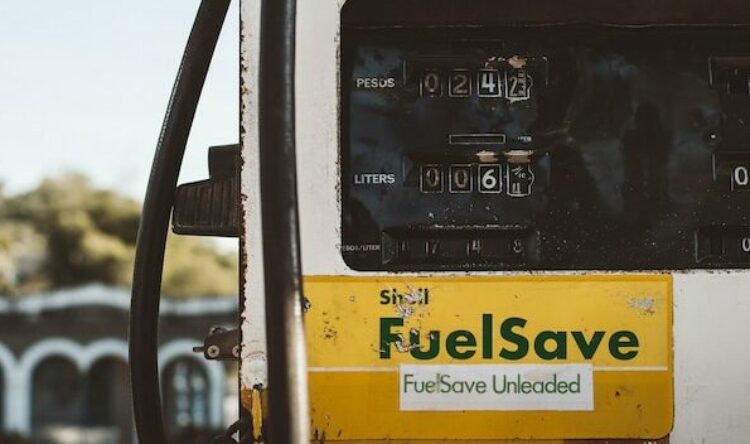RAC research: over half of used vehicles checked have a hidden history
Drivers seeking to buy a used car in 2019 need to be on their guard as figures from the RAC suggest more than half (52%) have a hidden history
A sample of RAC Vehicle History Checks covering more than 32,000 separate used cars for sale in the UK flagged up a multitude of possible issues that should make prospective buyers very wary before handing over their cash.
The most common issue was a change of number plate, with more than one-in-four (27.5%) vehicles analysed having recorded such a change. While this may simply be a switch to or from a personalised number plate, it could also be a sign that an unscrupulous former owner has tried to hide the vehicle’s true identity.
Next was the remarkable finding that nearly one-in-five (17.6%) vehicles were still in the process of being ‘paid off’ by previous owners despite being advertised for sale.
This is something that should be a huge red flag for any buyer – it means that unless the car was previously bought using a personal loan, it is still legally owned by a finance company under a hire purchase (HP) or personal contract purchase (PCP) arrangement, and cannot be sold on.
A surprising 14.2% of vehicles checked were deemed insurance write-offs – not the sort of vehicle most buyers would want to be parting with their money for – while 1.9% were either imports or exports, vehicles that warrant closer inspection as they must always be sold with particular documentation. A slightly smaller proportion (1.4%) of vehicles had had their colour changed at some point in their histories.
But perhaps most worryingly of all, a very small number for sale were either listed as stolen (0.2%) or technically scrapped (0.1%).
With used car values buoyant, the RAC is reminding drivers they need to be on their guard more than ever to ensure the money they are putting towards a car is cash well spent.
RAC Motoring Services spokesperson Francesca Mann said: “Drivers might be alarmed to see just how many vehicles for sale have hidden histories that could end up costing them dear should they decide to go ahead, but this is precisely why we make these checks in the first place – to give them the information they need to make the right choice.
“Forewarned is forearmed, and drivers that do their homework on vehicles put themselves in a much stronger position to negotiate on price, or simply walk away from the sale if they feel they are taking too great a risk. This is particularly relevant this time of year, as the arrival of 19-plate vehicles sees a rise in drivers seeking a good deal on used cars.
“We recommend every buyer insists on a comprehensive history check for any car they are looking to buy – they should ask to see one if buying through a dealer, or get their own if trawling used car advertisements. Any concerns should be raised directly with the seller before parting with any money.
“Of course, it is important to remember that red flags around things like a number plate change don’t necessarily signal bad news. Having this information to hand allows buyers to have an honest conversation with seller so that they can satisfy themselves nothing is awry.”
However, when it comes to things like discovering if a vehicle could still belong to a finance company despite being advertised for sale by a private seller – it is clear a history check could make the difference between a really good buy or a really bad one.
“And drivers looking for extra peace of mind before purchasing should consider the benefits of having the car professionally inspected by the RAC.”
More information on the RAC’s products and services to help used car buyers is available online.
Advice to a buyer whose vehicle history check flags issues:
- Number plate change – talk to the owner and check the documentation to ensure a plate change is legitimate, for instance with a previous owner swapping the plate for a cherished, personalised one. The car’s number plate must always match the one on the V5C
- Outstanding finance – be fully confident the seller has paid off finance on their vehicle in full, and ask them to re-run an RAC Vehicle History Check to prove it. Cars still being paid offer under Hire Purchase (HP) or Personal Contract Purchase (PCP) agreements cannot be sold on
- Insurance write-off – while most drivers might want to walk away from a car that has been written-off, unless they are specialists seeking parts, the write-off category will determine whether or not the car can be sold on legally. In some cases, a Category N write-off might be roadworthy but just have some cosmetic damage. In any case, it’s best to get a professional inspection if you are considering buying a write-off
- Imports – imported cars must be approved and be accompanied by specific government-required documentation
- Colour change – this might suggest a re-spray after an accident, although owners can change the colour of their vehicle if they tell the DVLA. Get a professional inspection before you buy to be sure
For the original article, please visit the RAC here.






